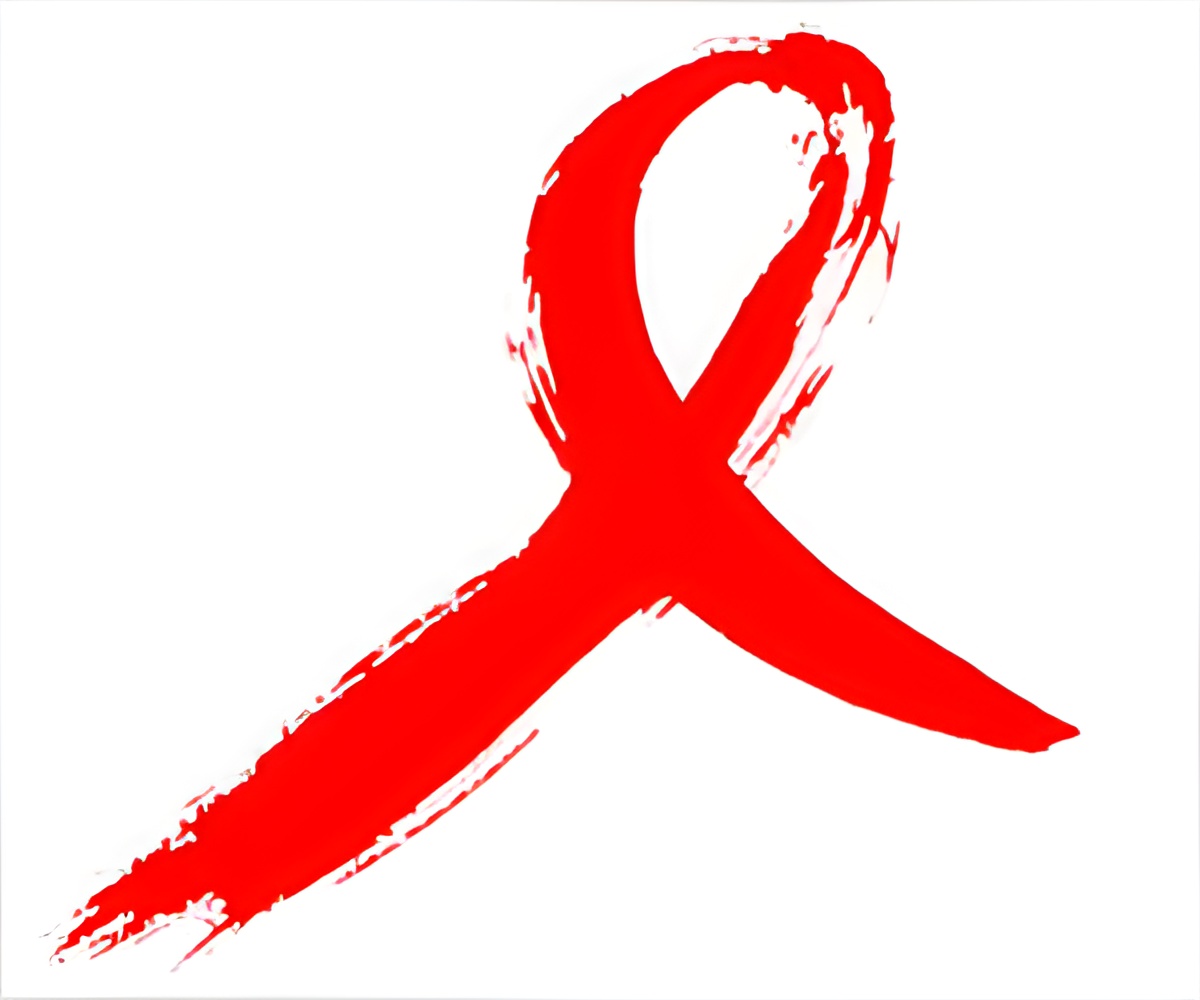Due to the lack of any government strategy to fight AIDS in Russia, the number of deaths due to this disease is rapidly increasing, a senior healthcare official noted.

The rate of new HIV infections grew 12 percent in 2012 -- 69,849 new cases against 62,384 new cases in 2011, according to the government figures.
The number of deaths caused by AIDS in Russia also continued to grow, with 20,511 deaths registered in 2012 against 18,414 deaths in 2011 -- an 11.4 percent increase.
"The state spends 19 billion rubles ($606 million, 470 million euros) a year for diagnosis and treatment of people who have contracted AIDS and only 200 million rubles for prevention programs," Pokrovsky said.
"We are fighting not against the epidemic itself, but against its consequences... In the absence of prevention (measures) we should expect an increase in the number of new cases," he added.
The high rates of AIDS-related mortality in Russia are caused by a widespread practice of a delayed anti-retroviral treatment as doctors often use expensive drugs sparingly, Pokrovsky said.
Advertisement
But a 2011 report by the United Nations AIDS agency, UNAIDS, puts the real figure of HIV-infected people at about 1.2 million people -- roughly one percent of the adult population.
Advertisement
Experts speak of "a generalisation of the AIDS epidemic" that affects not just high-risk groups -- such as drug addicts or prostitutes -- but all of society, said Pokrovsky.
Source-AFP













